Strategic Areas
| Our Work
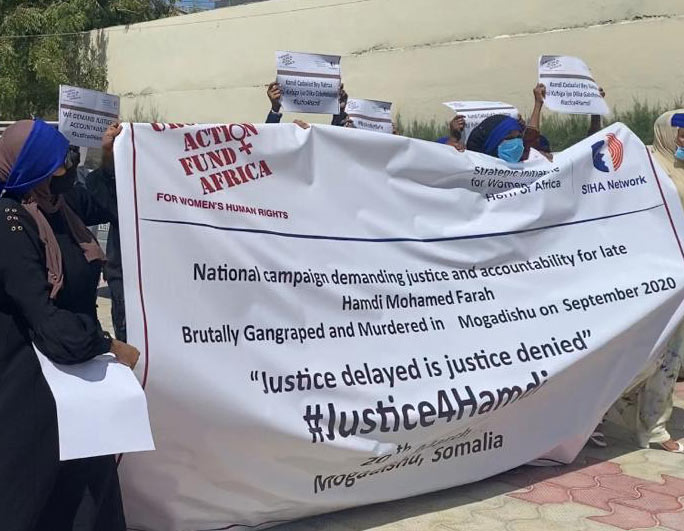
Ending Violence against Women and Girls (VAWG)
Violence Against Women and Girls continues to be the most systematic and widespread human rights abuse that affects women and girls in the GHoA, and is the ultimate form of their patriarchal subordination.
SIHA’s work toward ending VAWG is a regional priority, and this is done through deepening our intersectional analysis, focus, and approaches.
In recognition of the fact that ‘violence against women and girls’ and ‘gender-based violence’ are not entirely interchangeable, SIHA is deliberate in its use of language as a political tool. SIHA acknowledges that the language needed to eradicate VAWG must ensure that the focus remains on women and girls, and is part of a concerted effort to disrupt patriarchy, toxic masculinities, and the systemic failure of the state to prevent and respond to VAWG. This includes the state’s failure to ensure that women and girls can access justice.
With this thematic focus, SIHA supports and builds autonomous, intersectional movements to respond to VAWG. SIHA focuses on supporting women and girls from marginalized groups including but not limited to women and girls living in conflict situations, those who are internally displaced and in refugee camps, urban poor and migrant women living in slum areas in big cities, women and girls living in poverty and without access to education, and young women. SIHA enables these women to speak up, and raise awareness about harmful and violent traditional norms.
Women and Girls’ Access to Justice
A paradoxical situation exists for women and girls in the GHoA.While statutory laws in at least some countries guarantee human rights and equality for all, parallel yet legitimated systems of customary and/or religious law continue to violate women’s rights, naming men the undisputed authorities in both private and public spheres. By seeking to suppress the autonomy of women and girls, and attempting to control all facets of their lives, the Personal Status Laws that exist in many countries of the region further exacerbate this situation.
SIHA is particularly aware that traditional and customary justice systems and overall perceptions of justice are influenced by harmful religious and cultural dogmas regarding gender relations in society, that uphold patriarchy and prevent women and girls from seeking and accessing justice. To that point, SIHA continues to advocate for the alignment of domestic laws with international and regional human rights standards and even more importantly, that they question the concept of justice and justice mechanisms. SIHA asks fundamental questions about the concept of justice and justice mechanisms, and highlights the inability of customary institutions to deliver justice and accountability to women and girls. SIHA challenges the patriarchy embodied in male-dominated and male-made laws, policies, and institutions. Even more crucially, SIHA reclaims and develops political and feminist concepts of justice in a transformative process in order to address underlying inequalities that lead to violations of women’s rights in the first place.
To reclaim justice and women’s and girls’ autonomy, SIHA calls for governments to uphold greater control over customary courts so that they are more in line with existing human rights standards. SIHA also calls for an end to the perpetuation of discrimination by customary court chiefs. SIHA engages with the chiefs, and together they will transform harmful religious and cultural dogmas.
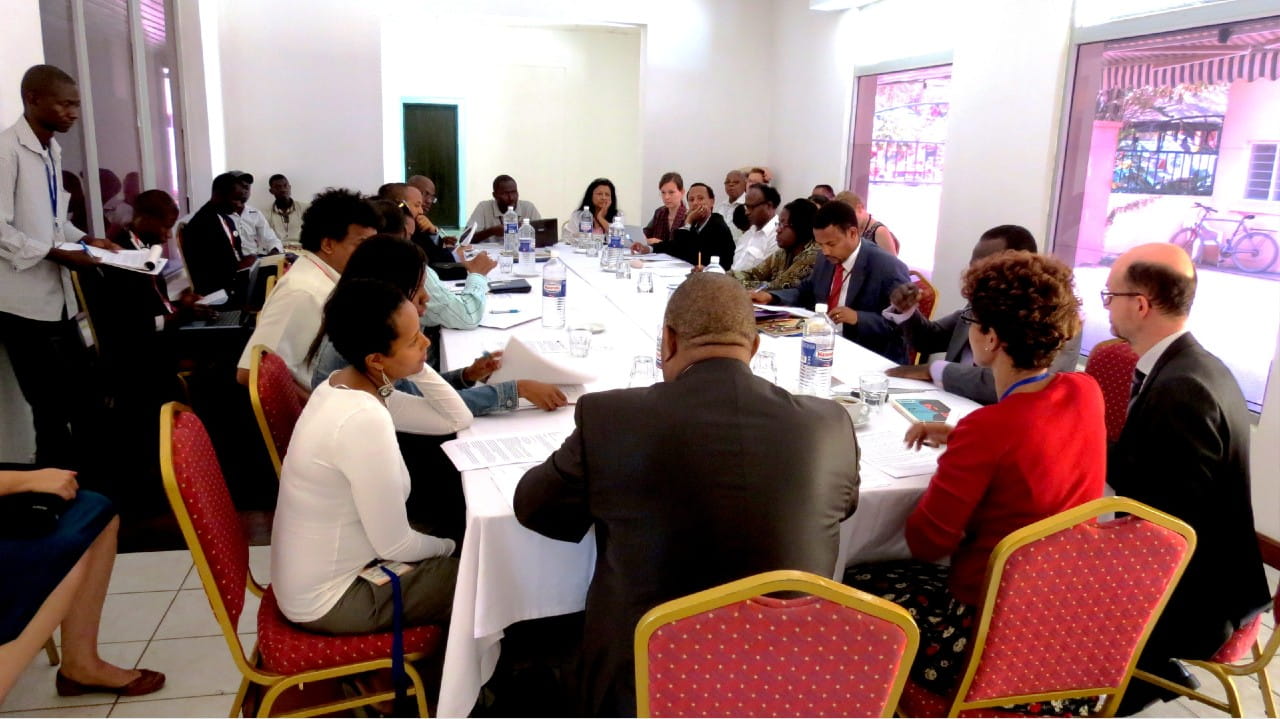
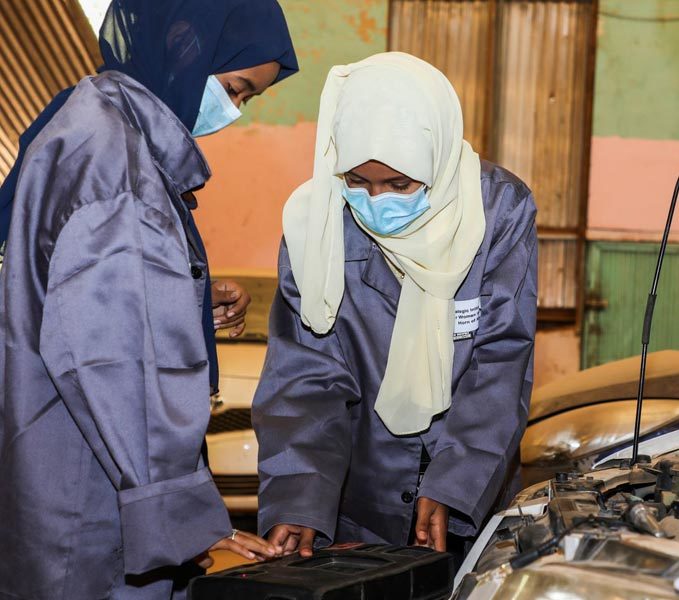
Women’s Social Protection and Economic Justice
Over the years, SIHA has developed deep and unique expertise in supporting urban women in the informal sector. SIHA has helped urban women to know and claim their economic and social rights while enabling them to organize into cooperatives and unions. This movement-building model has been immensely successful. Thousands of women informal laborers have organized into cooperatives, which are now active members of the SIHA network.
With this new strategy, SIHA will continue to engage with invisible women, urban laborers such as street vendors, alcohol brewers, domestic workers, and tea sellers. SIHA will work alongside these invisible laborers and their autonomous movements to make their work and contribution to the economy visible, to challenge their economic marginalization, to advocate their safety, and to protect their rights. This work will be even more important moving forward as new evidence suggests that the COVID19 pandemic will dramatically widen the gender poverty gap and will push 47 million women and girls into extreme poverty.The African continent will be disproportionately affected.(21)
Overall, this thematic priority will see SIHA’s strengthened engagement across 4 key pillars:
- Working with women who labour in the informal economy to build their skills and raise awareness about their economic, social, and cultural rights
- Supporting women’s autonomous organizing at the grassroots, and linking movements of informal workers with wider women’s rights movements
- Advocacy for social protection, laws, and policy reforms including but not limited to family laws, guardianship and succession laws that curtail women’s autonomy and equal access to economic opportunities and rights
- Strengthening SIHA’s feminist analysis of financialization, international trade, and macro-economic issues such as taxation and resource mobilization policies while drawing connections between the lived realities of women and girls in the GHoA and both national and international neoliberal regimes.
Rights of Women and Girls on the Move
SIHA has expanded its work on mixed migration with a specific focus on the rights of women and girls who are on the move.
Mixed migration is increasingly a survival strategy for women and girls in the GHoA, where the population of young people and urbanization are both growing at an extremely high rate. Women and girls on the move are exposed to multiple rights violations and gender-specific risks. Over the years, SIHA has documented their trauma, lack of legal protection, and a broad range of horrific abuses inflicted by trafficking networks, employers, and extended families. Unfortunately, there has been little action taken by states both in places of origin and destination, to prevent and respond to this abuse.
Regardless of the reasons, SIHA believes that women and girls have a right to move and cross borders. Within the work that SIHA does, SIHA develops feminist analyses of mixed migration by concentrating on the causes and contributing factors. SIHA deepens its focus on strengthening the agency of women and girl migrants by supporting them to organize and protect themselves and by raising awareness about migrants’ rights to move and to work free from exploitation. Most importantly, we continue to document the experiences of women and girls who are on the move.
SIHA uses its advocacy voice to put the issue of migration on regional and national agendas. We call for cross-border solutions and increased interstate cooperation to protect migrant workers both in countries of origin and destination. SIHA also explores the potential of strategic litigation, demanding strict monitoring of agencies that recruit women and girls to work internationally, and fighting against racism and xenophobia in all their forms.
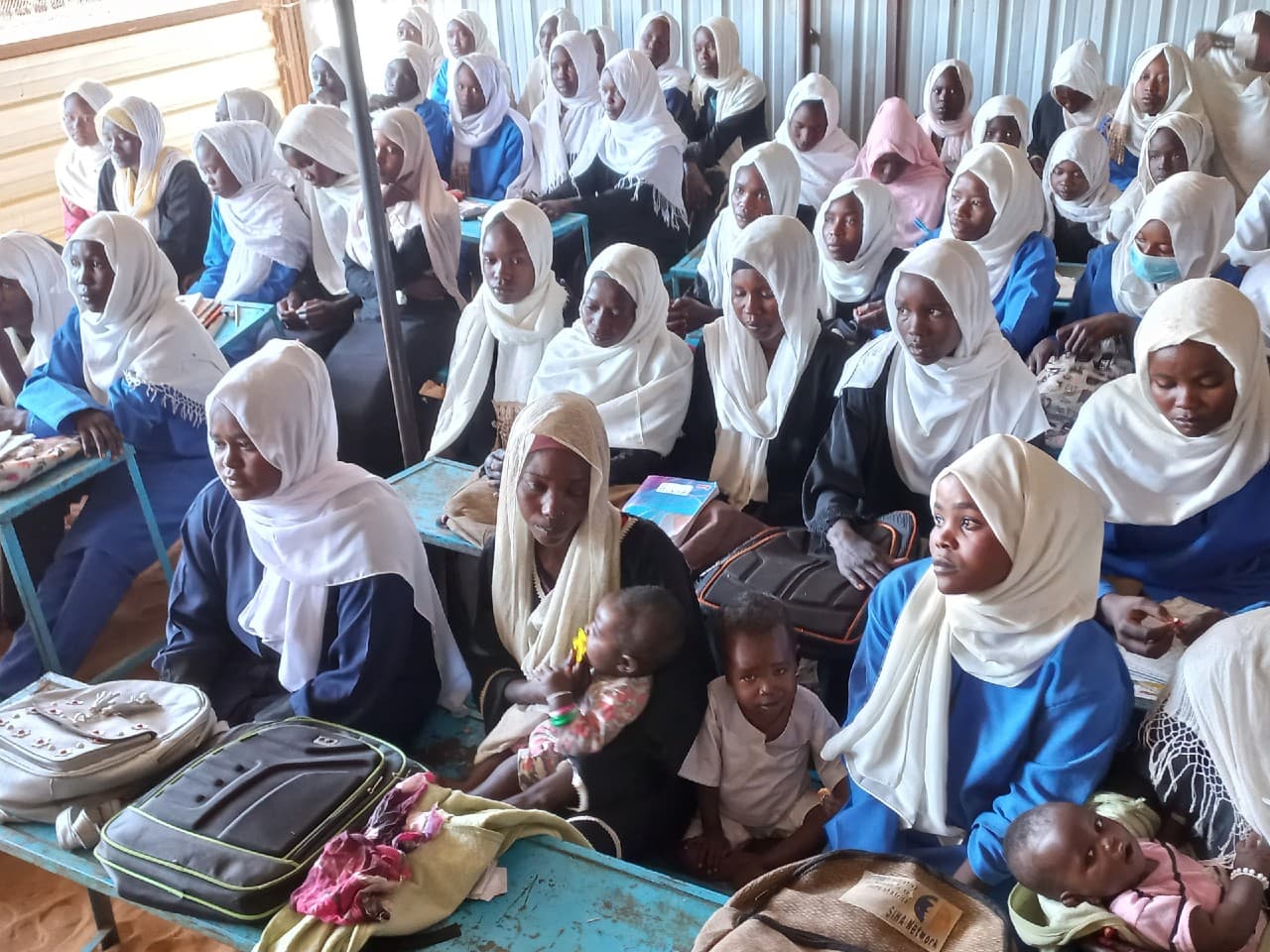
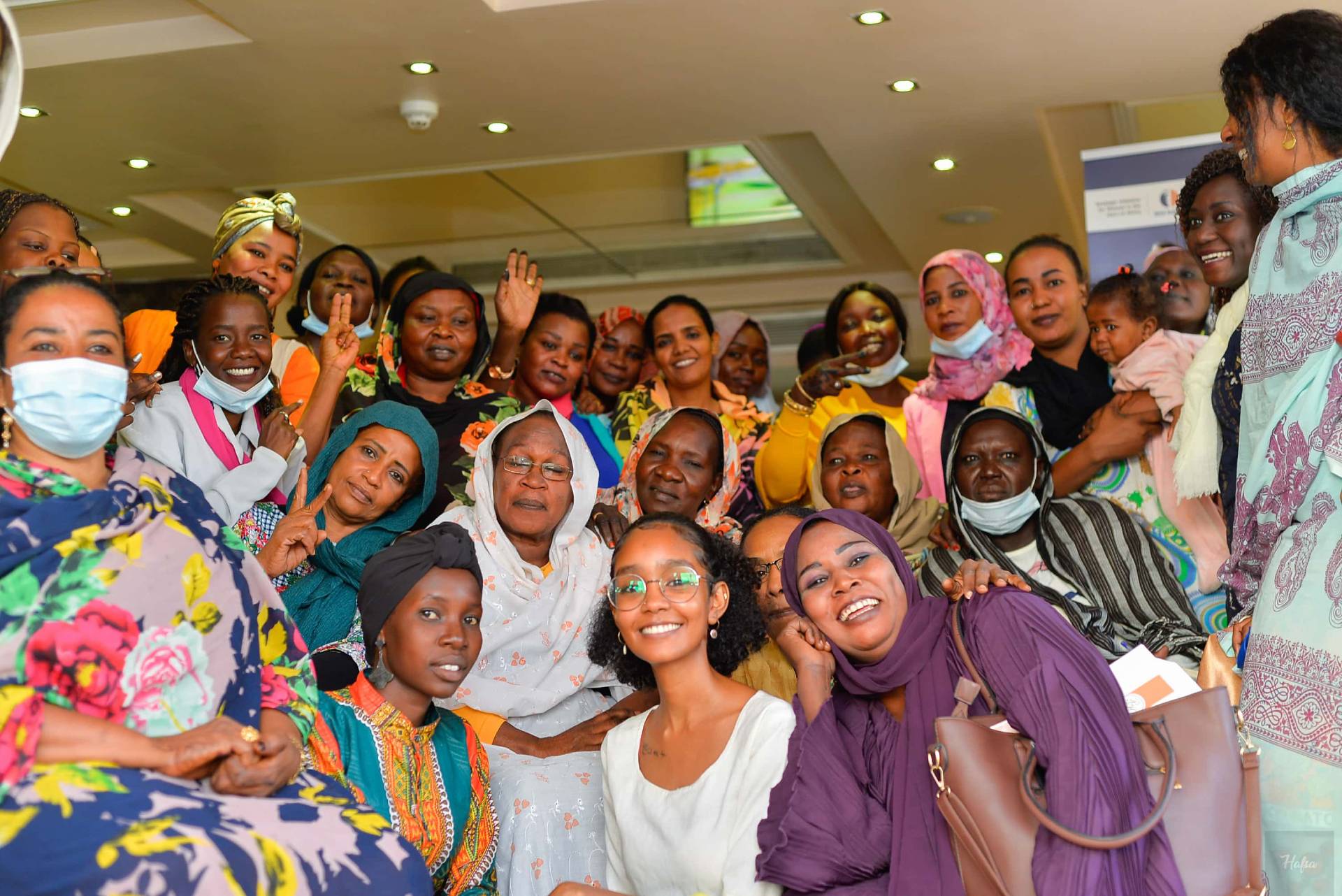
Building Inclusive Women’s Movements
Building inclusive women’s movements is both a political agenda in its own right, as well as the most effective way to shift power to advance women’s human rights around the Greater Horn of Africa (GHoA). Support for inclusive, intersectional, and autonomous women’s movements is at the core of SIHA’s work and underpins all SIHA’s thematic priorities and strategic approaches.
SIHA respects and acknowledges the diversity of women’s rights organizing. Rather than trying to bring everyone together under one platform, SIHA continues to embrace the politics of collective activism, which may carry different priorities but still practices solidarity on the route to advancing women’s rights and gender justice. SIHA supports women’s movements across the region through coalition building, developing shared positions, co-creating modalities for collective action, strengthening activists’ capacities, forging cross-movement alliances, and facilitating shared spaces for activists to exchange experiences and increase regional learning.
Currently, SIHA is working to increase the space for women’s activism by deepening grassroots women’s groups’ understanding of women’s rights alongside broadening the agenda of more mainstream women’s movements. Here, the politics of solidarity, intersectionality, and collective healing guides SIHA’s movement-building work. It involves, among other things, facilitating cross-movement spaces for shared conversations about women’s lives, well-being, and rights.
SIHA also prioritizes its support of women organizing at the grassroots as well as women organizing in marginalized groups such as poor urban women, women affected by wars, domestic workers, young women and girls, and many more.
